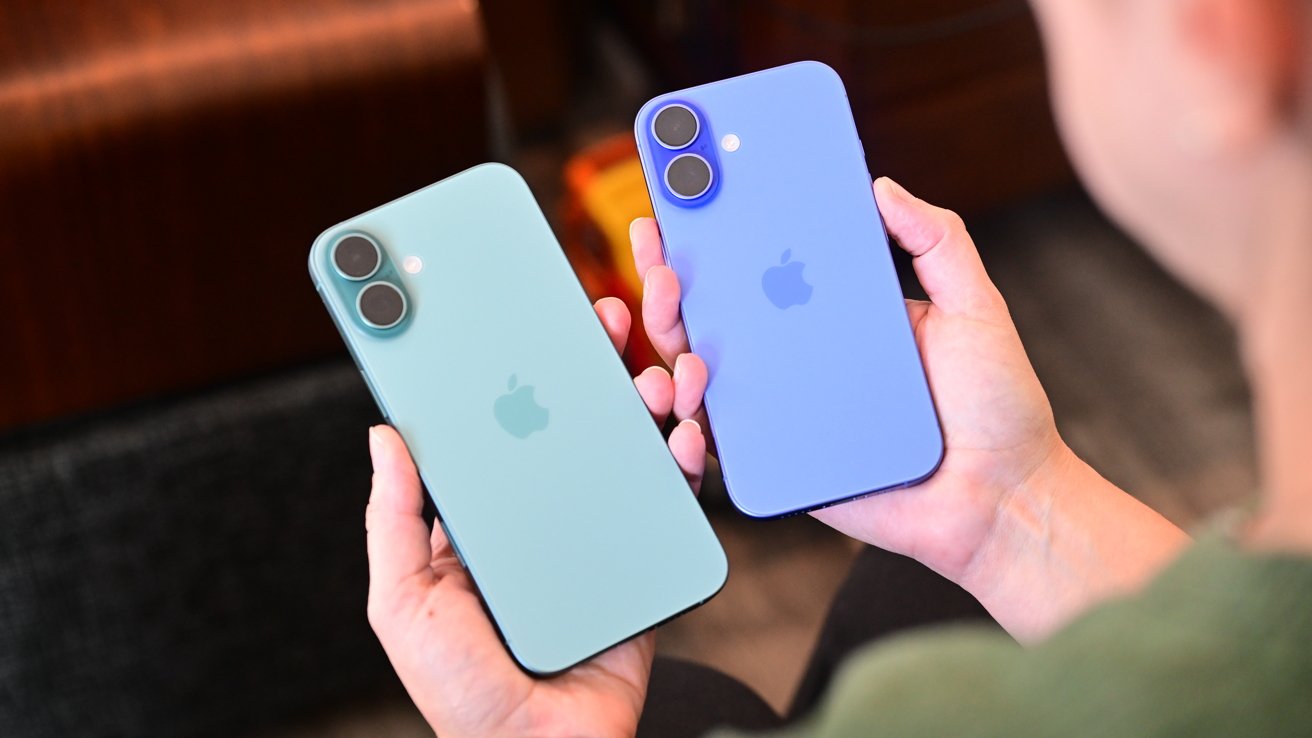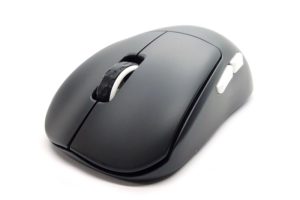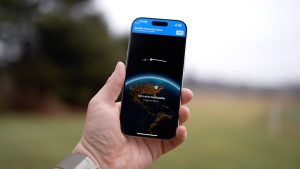
iPhone 16 & iPhone 16 Plus — still banned in Indonesia

Indonesia’s president has agreed to a $1 billion deal with Apple that if approved, will build two factories that will ultimately produce 20% of the world’s AirTag supply.
Sources familiar with the matter claim that Indonesia President Prabowo Subianto gave his approval to the deal, after apparently getting a brief over the weekend. Also according to the sources, Prabowo is seeking more investments from Apple in the future.
Apple has reportedly picked the island of Batam to build the AirTag factory. It is expected to initially employ 1000 workers, and the location will provide tax and import benefits to Apple.
The report by Bloomberg detailing the deal published on Thursday morning isn’t clear on how long it will take to get to the claimed 20% of AirTag global production. Also not clear is how long it will take the Indonesia government to lift the iPhone 16 sales ban in the country.
The remainder of the $1 billion will set up a plant in Bandung for accessories, and to establish Apple educational facilities.
Back-and-forth for Apple in Indonesia
On October 11, the Indonesia government said that Agus added that Apple hadn’t reached the level of investment commitments it had promised. Apple had invested 1.48 trillion rupiah ($94.53 million), below the 1.71 trillion rupiah ($109.6 million) it had previously committed to.
About a month later, Apple offered $10 million more in investment. That offer was rejected almost immediately by the Indonesian government.
A few weeks later in late November, Indonesia then rejected Apple’s affirmation of the initial $100 million offer. At the time, that proposed $100 million in further investment was to take place over two years.
It would chiefly be used for a research and development center, and developer academies in Bali and Jakarta. The new deal covers the developer academies, but it doesn’t look like the R&D center is on the cards — at least for now.
The ban and the subsequent negotiations follow Tim Cook’s visit to the country in April 2024. Cook met with Indonesia’s then President Joko Widodo, and promised Apple would consider the country as a manufacturing partner.
The move may be less costly to Apple than paying proposed tariffs on products imported from China. The Trump administration has promised import tariffs on goods imported from China — but less or no import fees from other countries.
It’s not clear how impactful manufacturing AirTags will be, though, given the fact that an individual AirTag is about Apple’s least expensive product it sells. This stands in comparison to the benefits of iPhone assembly and import from India, however, are clear.
Ultimately, in the long run, the $1 billion is a relatively light expense for Apple to allow continued access to the Indonesian market.




